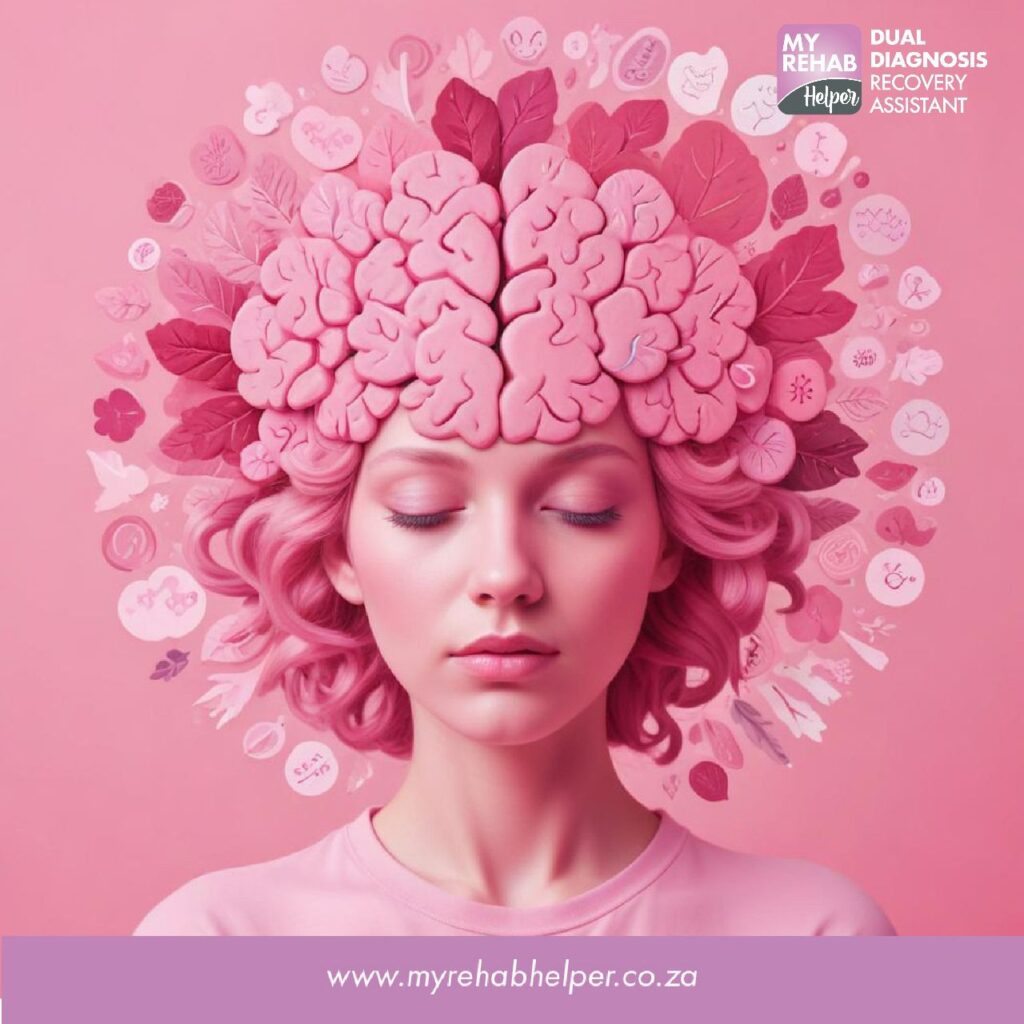Outpatient Rehab for Adults
Outpatient rehab for adults gives us the flexibility to pursue recovery while handling daily responsibilities. It’s designed to fit around our lives, whether we’re working or caring for loved ones. During this process, we can focus on both our physical dependence and emotional well-being. The treatment emphasises holistic approaches, helping us understand our triggers and find effective coping mechanisms. Support groups play an essential role, allowing us to connect with others who share similar journeys. This supportive community makes a significant difference in our healing. The path to recovery is just the beginning, and there’s much more to explore on this journey.
Outpatient Rehab for Adults: Key Takeaways
- Outpatient rehab offers flexible treatment options, allowing adults to balance recovery with daily responsibilities.
- It emphasizes holistic approaches, addressing both physical dependence and mental/emotional well-being.
- Support groups provide a safe space for sharing experiences and learning from others’ journeys.
- The program focuses on sustainable lifestyle changes, equipping individuals for lasting recovery and personal growth.
MyRehab Helper is an outpatient drug and alcohol
MyRehab Helper offers outpatient drug and alcohol treatment that meets our needs for flexibility and support during recovery. We’ve found that this approach allows us to balance our daily responsibilities while still prioritising our healing journey. The program emphasises holistic approaches, addressing not just our physical dependence but also our mental and emotional well-being.
Through various therapies, we’re encouraged to explore different aspects of ourselves, fostering a deeper understanding of our triggers and coping mechanisms. This thorough strategy helps us build resilience, making it easier to navigate life’s challenges without turning back to substances.
Support groups play an essential role in our recovery process. They provide us with a safe space to share our experiences, learn from others, and feel understood. We can connect with people who genuinely relate to our struggles, which is incredibly empowering. Together, we celebrate our victories and support each other through setbacks.
MyRehab Helper
The website MyRehab Helper provides valuable resources and information that support our outpatient rehabilitation journey. It’s a hub where we can explore the many rehab benefits available to us, making our recovery more attainable. From expert articles to personal testimonials, we find insights that resonate with our experiences.
By focusing on practical recovery strategies, the site equips us with tools we can implement in our daily lives. We learn about coping mechanisms, mindfulness practices, and the importance of a supportive community. Each section is designed to empower us, guiding us toward healthier habits.
Additionally, the website encourages us to connect with others who are on similar paths. This sense of community reinforces the idea that we’re not alone in our struggles. Sharing our experiences and strategies fosters a supportive environment that’s essential for recovery.
In traversing this site, we realize that outpatient rehab isn’t just about treatment; it’s about building a sustainable lifestyle post-recovery. With the right resources and strategies at our fingertips, we’re better equipped to embrace our journey and achieve long-lasting change.
What Types of Therapies Are Available in Outpatient Rehab Programs?
When we explore the types of therapies available in various programs, we find that individual therapy and group therapy stand out. In individual therapy, we receive personalized attention tailored to our unique needs, allowing us to investigate deep into our challenges. At the same time, group therapy fosters a supportive environment where we can share experiences and learn from one another. Together, these therapies help us grow and heal, addressing our issues in complementary ways.
How Long Does an Outpatient Rehab Program Typically Last?
When we think about how long a program lasts, it’s like trying to catch smoke; the answer can vary. Typically, we see programs lasting from a few weeks to several months. The duration factors include individual needs, treatment goals, and program variations. Some might need just a quick tune-up, while others may benefit from a more extended commitment. Ultimately, it’s all about finding what works best for each of us.
Can I Continue Working While in Outpatient Rehab?
Absolutely, we can continue working while in outpatient rehab. Many programs offer treatment flexibility that accommodates our work schedule. This allows us to attend therapy sessions without interfering with our job responsibilities. We just need to communicate with our employers and plan our appointments around our work commitments. Balancing both can be challenging, but with the right support and planning, we can manage our recovery alongside our professional lives.
Is Family Involvement Encouraged During Outpatient Rehabilitation?
Isn’t it essential to have our loved ones involved in our healing journey? Family involvement plays a significant role in shaping our support systems and enhancing our recovery experience. By engaging our family dynamics, we create an environment where open communication thrives, helping us feel understood and supported. This connection not only fosters accountability but also strengthens our resolve to overcome challenges together. We can’t underestimate the power of our families in this process.
What Happens if I Relapse During Outpatient Treatment?
If we relapse during treatment, it’s important to remember that it doesn’t mean we’ve failed. We recognize our relapse triggers and can use this experience to grow. We’ll assess what led to the relapse and work on coping strategies together. By discussing our feelings and challenges, we can strengthen our resolve and commitment to our recovery journey. It’s all part of learning and moving forward as we endeavor for lasting change.

